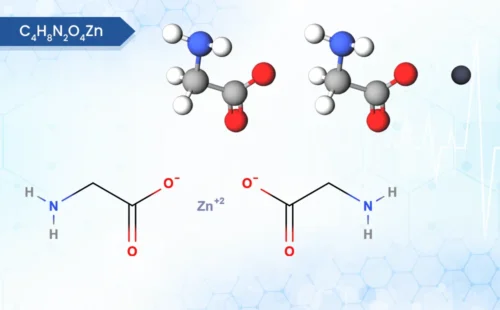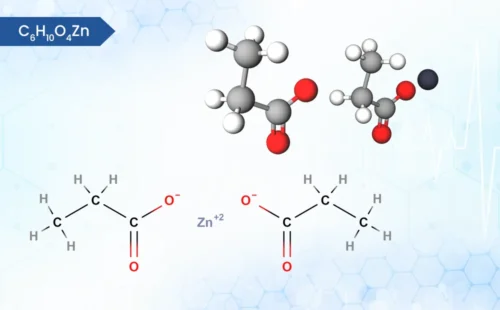Zinc Aspartate
| Product Name | Zinc Aspartate |
|---|---|
| Molecular Formula | C8H12N2O8Zn |
| Molecular Weight | 329.6 g/mol |
| CAS No | 36393-20-1 |
| CID Code | 56841018 |
| Shelf Life | 3 years - 20°C powder |
| USP of Products |
|
If you are interested on Zinc Aspartate, then
Description of Zinc Aspartate
Zinc Aspartate is a chelated zinc supplement with chemical formula C8H11N2O8Zn. Zinc Aspartate is a salt of zinc with the amino acid aspartic acid. It is a white to off-white crystalline powder.
Application of Zinc Aspartate
Frequently used in sports nutrition products due to its potential to enhance athletic performance and muscle recovery.
Related Products






